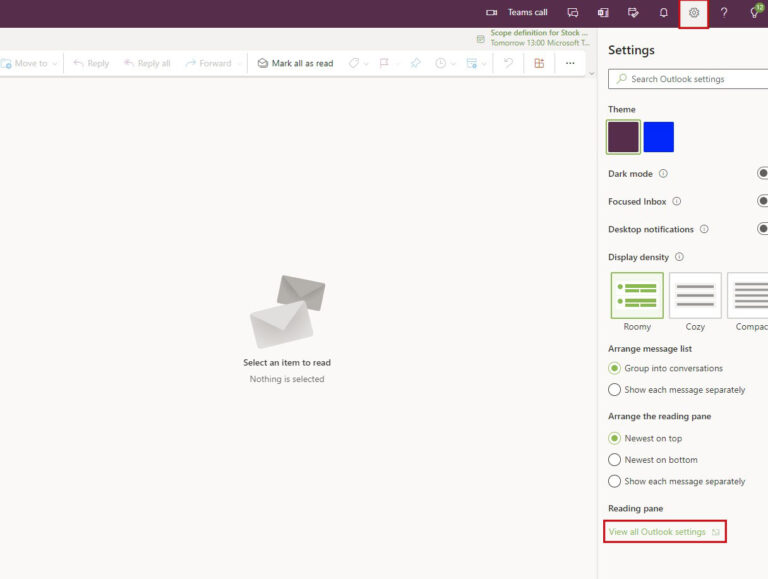Read this article to find the latest information about Why Are My Junk Emails Going To My Inbox, all carefully summarized by us.

Why Are My Junk Emails Going to My Inbox?
Hello readers! Have you ever wondered why some of your junk emails end up in your inbox? It’s a common problem that can be frustrating and annoying. In this article, we will explore the reasons why this happens and provide tips on how to prevent it from happening in the future.
There are several reasons why spam emails might be getting through your inbox filters. One reason is that the filters are not always perfect. Spammers use various techniques to try to trick filters, such as using misleading subject lines, hiding malicious content in images, or sending emails from legitimate-looking addresses. Additionally, some spam emails may be sent from compromised accounts, making it more difficult for filters to identify them.
How to prevent spam emails from reaching your inbox
There are a few things you can do to help prevent spam emails from reaching your inbox.
- Use a spam filter.
- Be careful about what information you share online. Spammers often collect email addresses from websites, social media, and other online sources. Be careful about what information you share online, and only share your email address with trusted sources.
- Don’t open attachments from unknown senders. Attachments from unknown senders can contain viruses or malware that can infect your computer. If you receive an attachment from an unknown sender, don’t open it. Delete it immediately.
- Report spam emails. If you receive a spam email, report it to your email provider. This will help your email provider improve their spam filters and prevent other users from receiving the same spam email.
By following these tips, you can help prevent spam emails from reaching your inbox. If you are still having problems with spam emails, you may want to contact your email provider for additional help.
What is spam?
Spam is a type of unsolicited electronic mail that is sent in bulk. Spam emails can be annoying, disruptive, and even harmful. Spammers often use spam emails to send viruses, malware, and other malicious content. Additionally, spam emails can be used to collect personal information, such as email addresses, passwords, and credit card numbers. As a result, it is important to take steps to protect yourself from spam emails.
How to identify spam emails
There are a few common signs that can help you identify spam emails. These signs include:
- Misleading subject lines
- Hidden malicious content in images
- Emails from legitimate-looking addresses
- Requests for personal information
- Links to malicious websites
If you receive an email that has any of these signs, it is likely a spam email. Delete it immediately and do not open any attachments.
What to do if you receive a spam email
If you receive a spam email, there are a few things you can do.
- Delete the email immediately.
- Do not open any attachments.
- Report the email to your email provider.
By following these steps, you can help prevent spam emails from reaching your inbox and protect yourself from the risks associated with spam emails.
Is spam illegal?
Spam is not illegal in all countries. However, many countries have laws that regulate spam. These laws typically require spammers to identify themselves and provide a way for recipients to opt out of receiving future emails. Additionally, some countries have laws that prohibit spammers from sending emails that contain false or misleading information.
If you receive a spam email, you may want to check your country’s laws to see if spam is illegal. If spam is illegal in your country, you may be able to report the spammer to the authorities.
Conclusion
Spam emails are a common problem, but there are steps you can take to prevent them from reaching your inbox. By following the tips in this article, you can help protect yourself from spam emails and the risks associated with them.
If you are interested in learning more about spam emails, there are several resources available online. You can visit the websites of the Federal Trade Commission (FTC) and the National Cyber Security Alliance for more information.

Image: deltanic.weebly.com
An article about Why Are My Junk Emails Going To My Inbox has been read by you. Thank you for visiting our website, and we hope this article is beneficial.